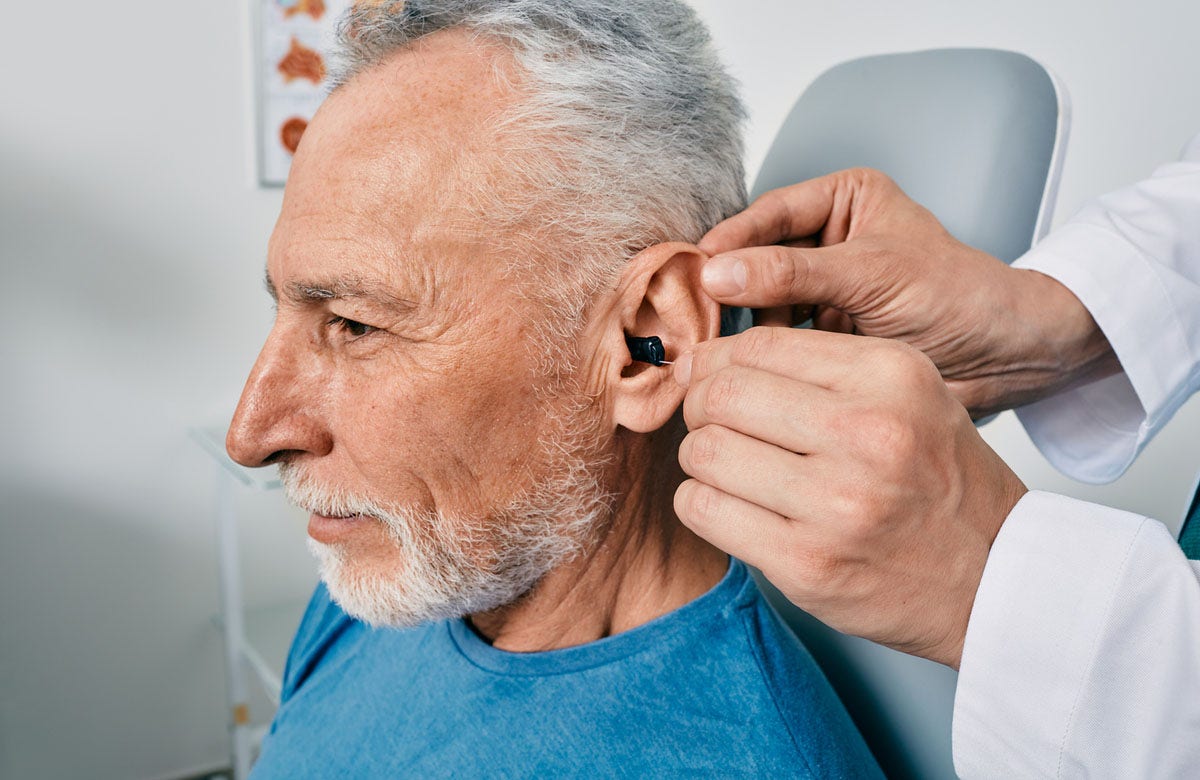Hearing loss is no. 1 disability among military veterans, audiologist says

As thousands of wounded warriors and military veterans battle disabilities and injuries every day, one common ailment often gets overlooked – tinnitus, or ringing in the ear. According to Dr. Tom Tedeschi, chief audiology director for Amplifon Hearing Health Care, tinnitus is the leading disability in the United States Department of Veterans Affairs (VA).
Tedeschi, a Vietnam-era Army veteran himself, shared with Fox News Digital how prevalent hearing loss and complications are among the veteran community. He mentioned that about 60% of Vietnam veterans and 50% of Gulf War veterans suffer from hearing loss. Additionally, tinnitus is the most prevalent disability in the VA today.
“It’s estimated that probably one out of every three veterans has some degree of hearing loss or tinnitus,” Tedeschi said. “And it’s just because we’re around noise all the time… The military is not a quiet place.”
Different sound levels affect people in various ways, Tedeschi explained. Some individuals may sustain permanent damage from a loud noise like a gunshot, while others may be able to withstand a lot of noise without immediate consequences. However, for combat-facing soldiers, even during peace time, there is often sustained noise exposure.
Although hearing protection is issued for military personnel, Tedeschi noted that it’s not always practical, especially in active combat situations. He emphasized the importance of wearing proper hearing protection, like ear buds and earmuffs, both in and out of combat, to prevent hearing loss.
Tedeschi also highlighted the significance of seeking help if experiencing symptoms like constant ringing in the ears or trouble hearing during conversations or while watching TV. Hearing aids are now advanced and can significantly improve the quality of life for individuals with hearing loss.
In addition, Tedeschi cautioned about the potential side effects of certain medications, like aspirin, which can cause hearing loss. He advised individuals to speak with their doctors about alternatives if they are taking medications that may impact their hearing.
Overall, Tedeschi encouraged veterans to seek help to avoid further complications linked to hearing loss, such as cognitive decline. He stressed that there is support available and no need to suffer from the co-morbidities associated with untreated hearing loss.
Veterans can visit their local VA center to have their hearing evaluated or connect with their counselor for a referral to a hearing loss specialist. By taking proactive steps and seeking assistance, veterans can better manage their hearing health and overall well-being.




